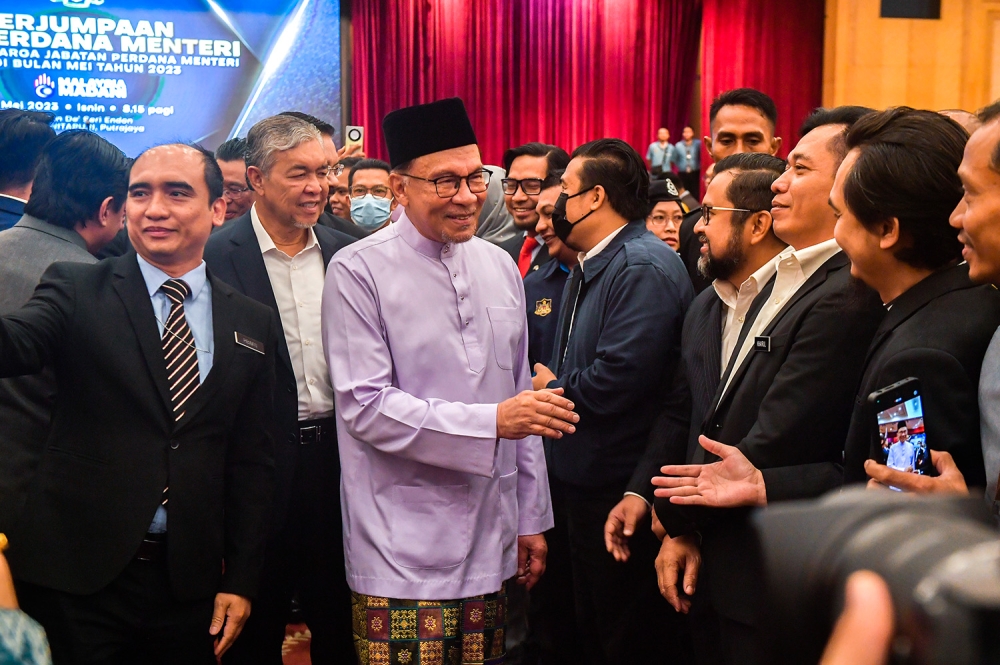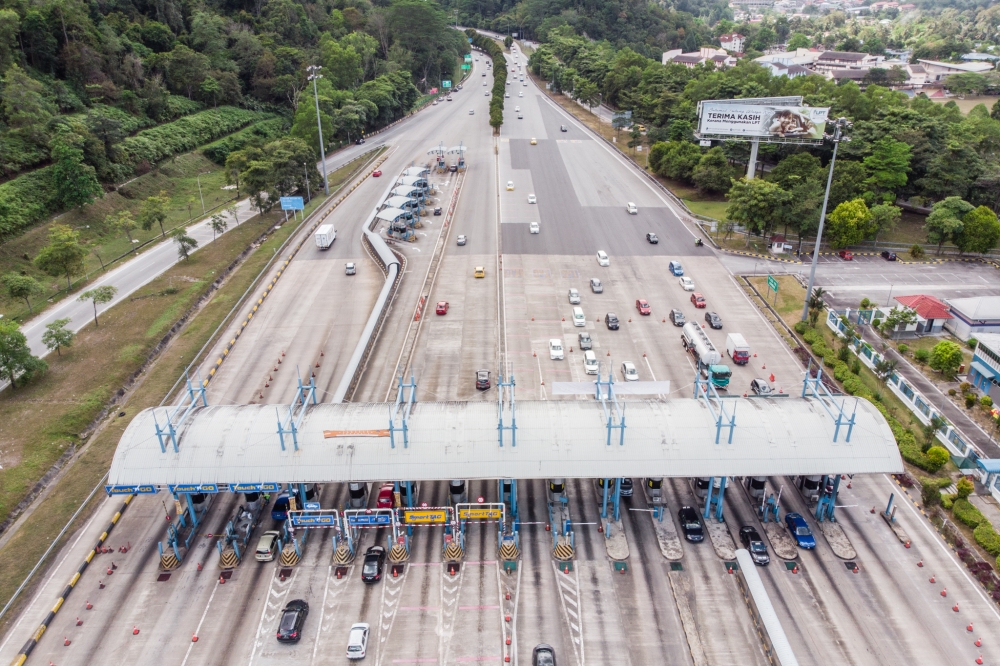PUTRAJAYA, May 15 — The Economic Action Council (EAC) will be creating a new Central Database Hub called Padu to find, keep and store better and more complete data, Prime Minister Datuk Seri Anwar Ibrahim said today.
He said currently, the data the government has is incomplete and they cannot make good and sound decisions with improper data.
“We found that the information and data we have are so incomplete that we cannot formulate good policies or make good plans for the public. When the data is incomplete, it would result in wastage (of government resources).
“Padu will be managed by the department of statistics with the help of other agencies and eventually this holistic data will aid us in our next big decision we made today which is targeted subsidies.
“We feel when we talk about the nation’s future, we must be on the right landscape and that entails having good information that can be actionable. With proper data, our targeted subsidies will be devoid of leakages and embezzlement,” Anwar said today.
The database is expected to be fully up and running by January 2024.
Apart from that, Anwar said there was a huge discrepancy in diesel usage in Malaysia.
He said in 2022 Malaysia’s diesel subsidies cost RM13 billion. Diesel usage in 2019 was around 37.7 per cent or RM6.1 billion litres then rose to 8.4 billion in 2022.
However, the number of registered diesel vehicles only rose by 2.4 per cent from 2.08 million in 2019 to 2.13 million in 2022.
“This huge discrepancy in diesel usage shows there’s leakages, embezzlement and smuggling activities going on. We want to stop this so we’re implementing a fleet card for all diesel users to enjoy the subsidies we’re giving.
“This way, we can monitor where the diesel is going while making sure those that need it get it.”
Meanwhile, the council also decided to stop giving full tariff subsidies for large companies that have high electricity consumption.
Anwar said this will save the government between RM5 to RM8 billion in 2023 depending on the prices of fuel.



















